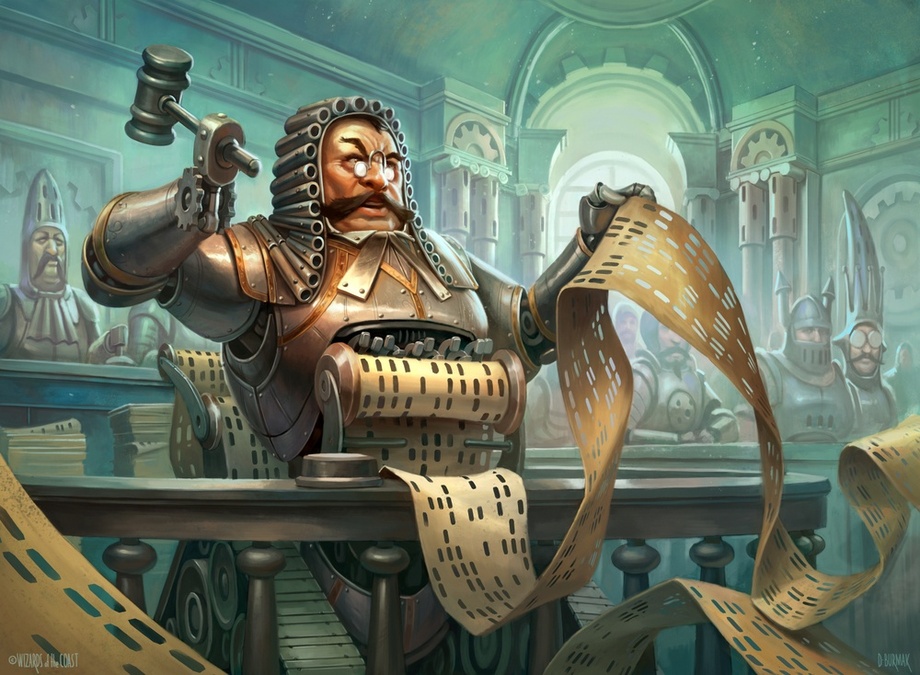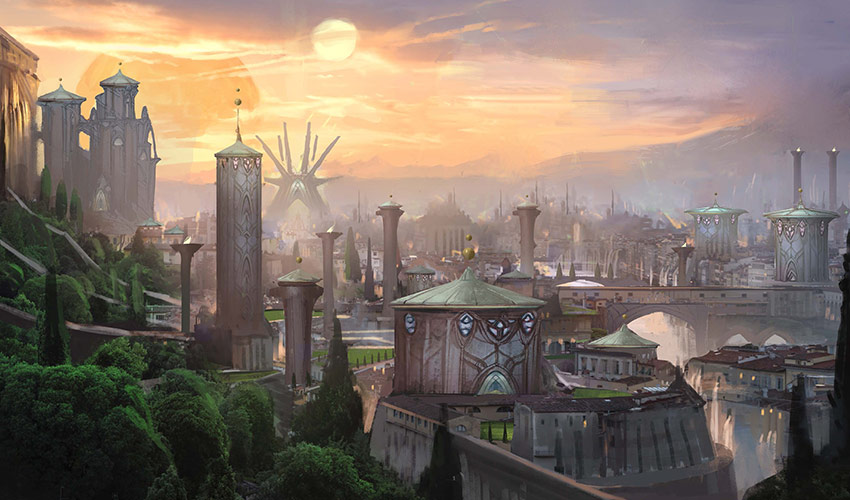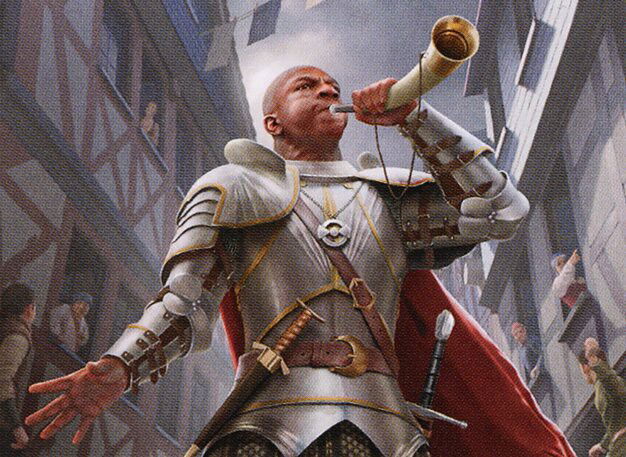Beyond Rule Zero: Creating Safe Spaces

Many Magic: the Gathering players, tournament organizers, and local game store employees ask, "How do I make my space more inclusive and safe for everyone?"
Wait, I'm not the Professor. Hey, everyone, I'm Amanda Stevens, and you're reading my second Beyond Rule Zero article. Some of you may have seen me on a Tolarian Community College video or a Spice8Rack video. When I am not coordinating charity events for Trans Lifeline, I'm a diversity, equity, and inclusion professional in gaming. That's just a fancy way of saying that I help make gaming a more diverse space where everyone feels welcomed to play and have fun.
Stealing the Professor's opening format aside, due to my background as a Magic Judge and my current role as a DEI professional, I do often get asked how to make a local game store more welcoming and inclusive, so this week I'm going to go over some entry level ways an LGS can become more welcoming.
Beyond the Social Contract

I think we, as a community, overly rely on the concept of a social contract, that everyone has come to the game store to have a good time and everyone has relatively the same idea of what constitutes a good time. Some people refer to it as Wheaton's Law, or rather, "Don't be a Dick." But the problem is that not everyone is the same; not everyone thinks the same actions constitute being a dick.
The first thing I recommend stores to have is codified codes of conduct that are clearly posted throughout the store. This accomplishes a few different things:
- Having a store code of conduct makes it easier to enforce curbing of poor or unwanted behavior. When you don't have a code of conduct, it makes it easier for a person to feel like they're being singled out or that an employee is playing favorites. This can make it really hard to course correct behavior.
- It prevents an "us versus you" perspective. Without a code of conduct, when you reprimand unwanted behavior, the person responsible may feel like the store is othering them. When this happens, the person may become defensive and be unable to see what harm they may have caused or are causing. By having clearly posted store policies, it's easier to make the situation about the action or behavior and not the person themselves.
- It acts as a preventative measure. When you have a code of conduct posted, it tells people what will and won't fly while you're in the store.
It's best to have your code of conduct posted in more than one place in the store. At my first LGS as a judge, we had the store policies posted by the register, on the local and store events board, where pairings went up, and by one of the casual play areas. This made sure that it was pretty hard to miss the policies, whether you were a shop regular or just someone coming in for your first Commander night.
A Clean Board State

I'm sure at some point there are those of us who have been in a LGS that looks like a dive bar. There are discarded pack wrappers on the tables, sometimes paired with the chaff of the pack. Snack wrappers and life pad pages are just as likely to be inside wastebaskets as they are to be outside of them. And let's not talk about the bathroom.
Believe it or not, a clean store can go a long way in making a space seem more inviting. This may seem like a no-brainer to some, and yet I have been to a fair share of LGSs where active cleanliness wasn't a priority. But let's take it a step further. When I worked at an LGS, I had more than my fair share of interactions with parents who said our shop was not what they were expecting.
Every now and then, we would get parents who would come in a few days before Friday Night Magic to see if the shop was a safe place to let their kid hang out with a bunch of 20- and 30-somethings. Oftentimes, while they asked us store employees a bunch of questions, the parents would comment on the cleanliness of the store. Whether it was a deciding factor or not, it was certainly a part of the decision-making process.
While not directly related to cleanliness, having a well-lit store also creates an inviting and welcoming environment. I would also say that, if possible, making the parking lot as well lit as possible is a big deciding factor for a lot of people of marginalized identities. Magic events can go pretty late, especially FNMs, and a dimly lit parking lot can feel pretty dangerous at night.
Filling in the Ranks

The last thing I want to touch on is how we make our LGSs a place where new players can feel included. I've told this story on Shivam Bhatt's Casual Magic podcast, but my first FNM was at a local Wizards of the Coast store. I got destroyed; I went 0-2 every round. The store judge came up to me at the end of the night and asked if he could look over my deck. He proceeded to go over what I could do to make my deck better and bought me some sealed product because he wanted my first FNM to be a positive memory. From then on, if I wasn't grounded, I begged and pleaded to go back to FNM.
When we talk about how we can get players to come back, we often focus on the wrong aspects of player retention. We talk about how expensive Magic is or how we should allow proxies. These are all great starting points, for sure, but we need to be focused on the ground level: are we creating experiences that are positive and memorable? What are you doing to make that player, new or veteran, feel like a part of your community from the moment they sit down to join the pod? Are you asking them what kind of experience they want out of their games? Do you have extra decks for them in case they are below the average punching weight? Are you complimenting their play?
House Guests
If you're not treating a new player to your LGS the way you'd treat a house guest, you're not actually cultivating a memorable experience for them. It can be as easy as tossing them a rare you overhearing them wishing they had for their deck. Or asking to see their favorite deck and talking to them about why they love it and what you like about it.
Remember, you came to your shop to play Commander, a multiplayer format. Presumably you did this because you like the format, love Magic, enjoy the company of others, and have fun. If you're going to play with others, you should try to communicate with them. Have conversations about this game you all enjoy.
If you don't want to do that, you can go draft or play Modern. Play a format where you can easily use nonverbal cues to get through an entire match. If we want people to join our hobby and come back to the shop, we have to make them feel welcomed; otherwise, why would they even bother?